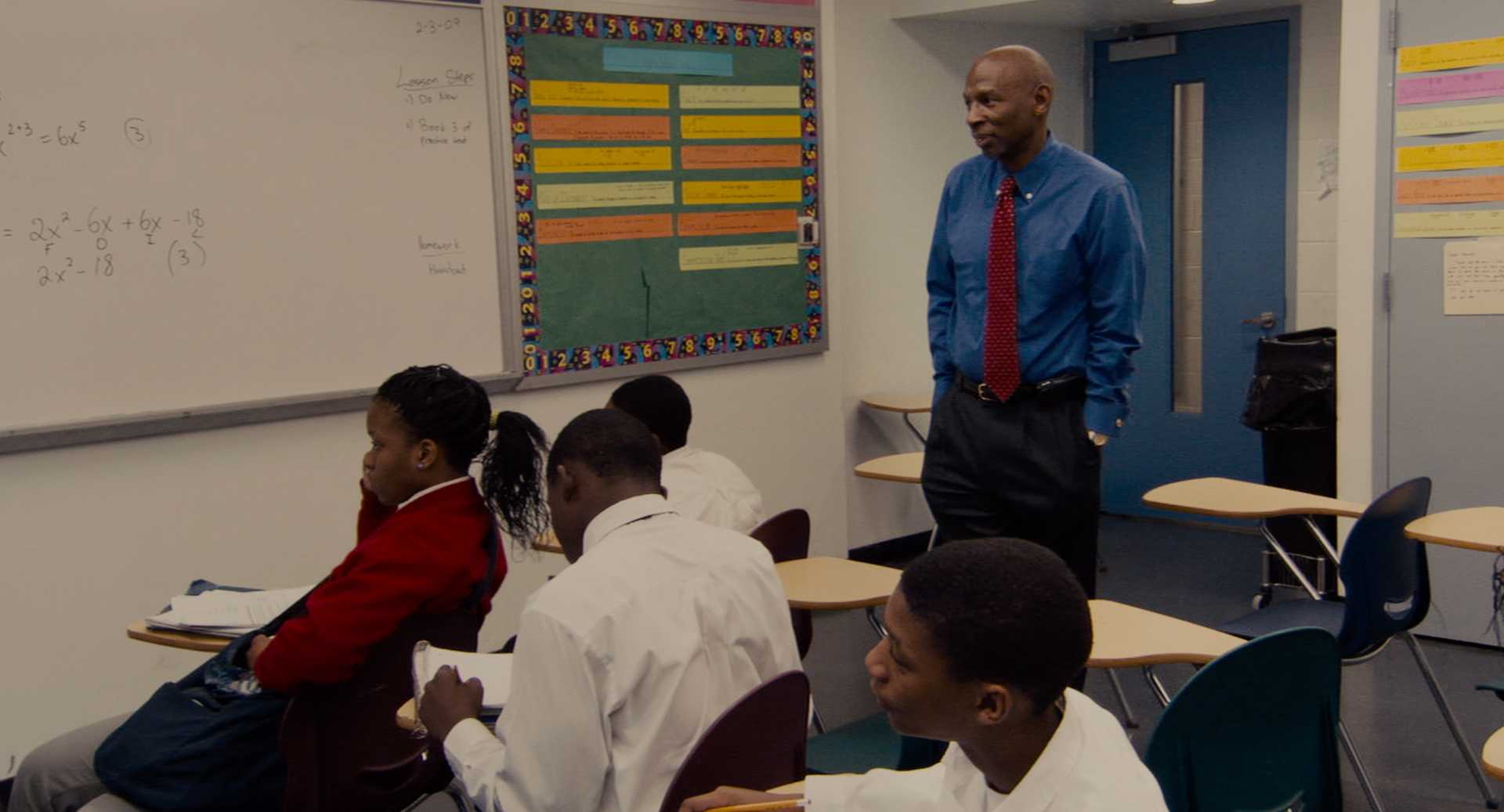
MPAA Rating: PG | Rating: ★★★½
Release year: 2011
Genre: Documentary Director: Guggenheim
Beyond this, the opinions diverge into a myriad of answers to the education problem. In the documentary Waiting for ‘Superman,’ filmmaker Davis Guggenheim (An Inconvenient Truth, It Might Get Loud) tackles the broad subject of public education by looking at five individual children whose futures will be largely defined by the schools they attend. If they go down one path–specialized charter schools funded by public finances–they are nearly guaranteed the chance to go to college. If they head down another–public schools determined by their zip code–they enter a system seemingly designed to guarantee their failure in high school.
And it’s all up to chance. Literally. A public lottery is held for students applying for the limited number of spots available in each charter school. In a powerfully affecting and tense-filled climax, the five students we’ve grown to love over the course of the film wait their turns in the lottery. Some will make it. Some won’t. My wife and I found ourselves weeping for these children as we watched the scene unfold, wishing we could give them a big hug and offer words of hope to those who lost in the lottery.
I’m getting ahead of myself. Guggenheim’s big question–what is wrong with public education and how do we fix it?–is one with simple-yet-complex solutions. There are a variety of factors in play here. First, there is the system. Between teachers’ unions and bureaucratic layers, it is nearly impossible to fire a badly performing teacher who has reached their two-year tenure. When faulty teachers are allowed to remain in the system and great teachers have zero incentive to achieve further, we end up with an unhealthy system. Second, there are the educational beliefs. Do poor neighborhoods make for poor students, or vice versa?It turns out that if a student (regardless of socioeconomic background) has a great teacher who gives them high expectations and believes in them, they are capable of great things. But when an educator views a student in poverty as somehow less capable, they’re setting the student up to fail. This is nothing new; students can rise to expectations when adults actually believe in them. Finally, there are the underlying priorities. Numerous educators in the film openly ask, whose needs are more important: the adults (teachers, administrators, politicians) or the children? The answer to that question will determine the central policies and structures in the system. Everyone will say “of course the child’s needs are most important.” But do the actual policies back that up?
These questions are pertinent for the American church. Whose preferences are more important, the older or younger generation? How can the older lovingly guide the younger? Is there such thing as a ‘bad’ youth pastor–or at least poor youth ministry practices–that could be hindering the spiritual growth of students?
A key protagonist in Waiting for ‘Superman’ is educator and reformer Geoffrey Canada. He recalls a story when he learned that Superman wasn’t real. Much like Santa Claus, Canada believed that Superman was able to save him and his family from the poverty they lived in. When he found out that Superman was only in the comics, it was a moment of complete despair. Who could save him now? What hope was there for the future? Thankfully, we worship a Savior who is very real and very active in our world. He calls us to lead and love the emerging generation, calling children to Himself, offering grace and hope for a better future.
What are questions both the education system and the church need to be asking? How can both foster hope in our children?
IMDB Listing: http://www.imdb.com/title/tt1566648/